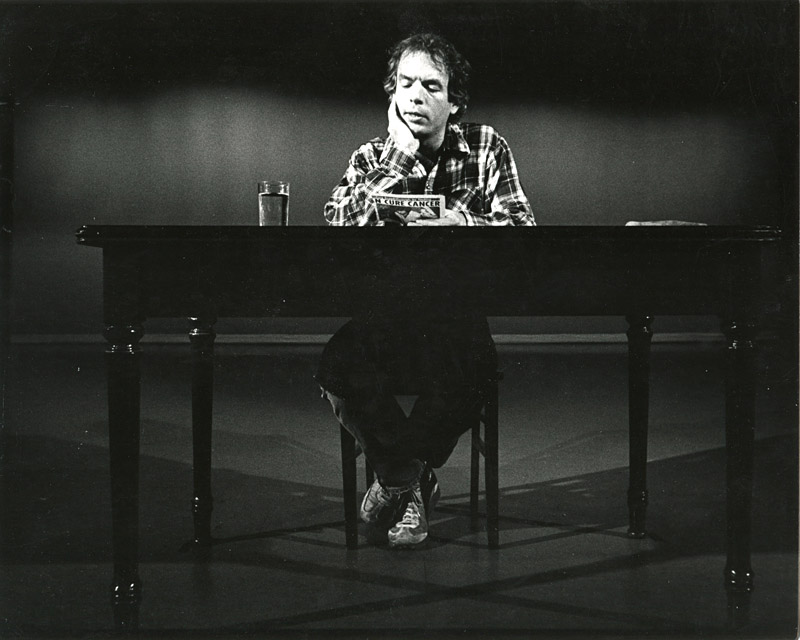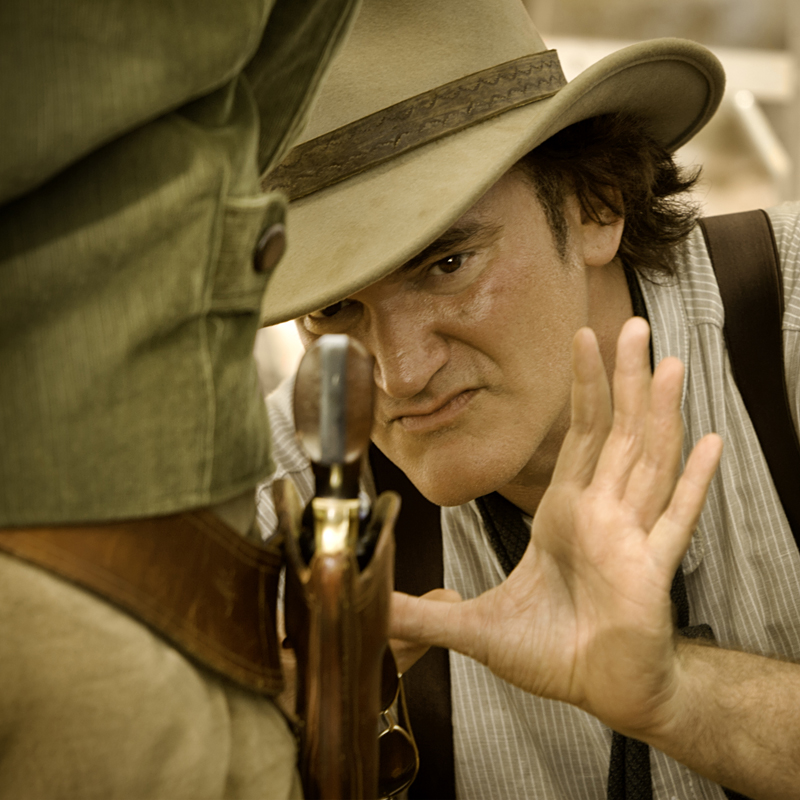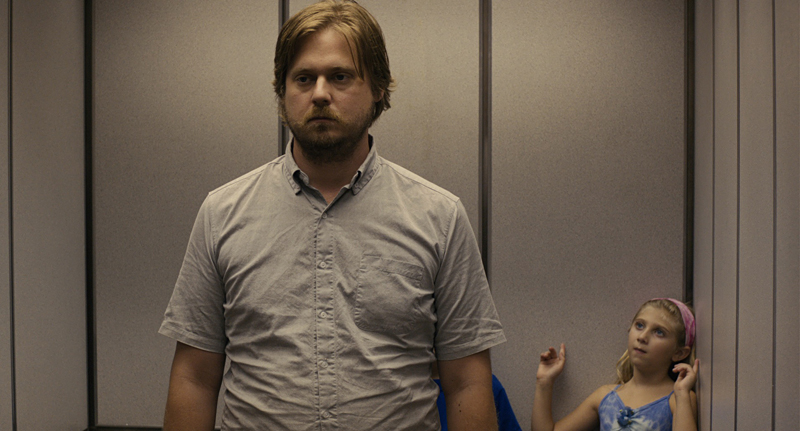“Maybe I should just tell you some of the facts as I remember them,” says Spalding Gray a few minutes into Steven Soderbergh’s fascinating posthumous documentary on the writer/actor/monologuist, who apparently jumped off the Staten Island Ferry in 2004. Soderbergh, who filmed the monologue Gray’s Anatomy in 1996, has whittled a first-person portrait out of 120 hours of footage from Gray’s personal archive, including interviews, films like Anatomy and Jonathan Demme’s Swimming to Cambodia, and footage of stage performances dating back to the late ’70s. Eschewing traditional documentary devices like intertitles and talking heads allows Gray to tell his own story more or less chronologically, mostly via his own work—which may be patently unreliable. In one clip, in which he asks his father to fact-check a childhood story he’s worked into a performance, the monologuist admits, “Sometimes I don’t know when I’m fictionalizing or not.” His sad end is never mentioned in Fine, although it’s obliquely, eerily suggested by certain words (Gray to an interviewer: “I like telling the story of life better than living it”) and images (the opening frame, from an ancient, highly degraded tape, is of an empty chair, which Gray approaches, trailed by a cloud of ghostly rainbow analog artifacts; incidentally/accidentally, Fine functions as a kind of museum tour through the history of dead video formats). Seen as his final monologue, the film is both an invaluable portfolio of his talent and a tribute rendered in the style of its subject.
And Everything Is Going Fine: Spalding Gray’s Last Words. And Then Some








